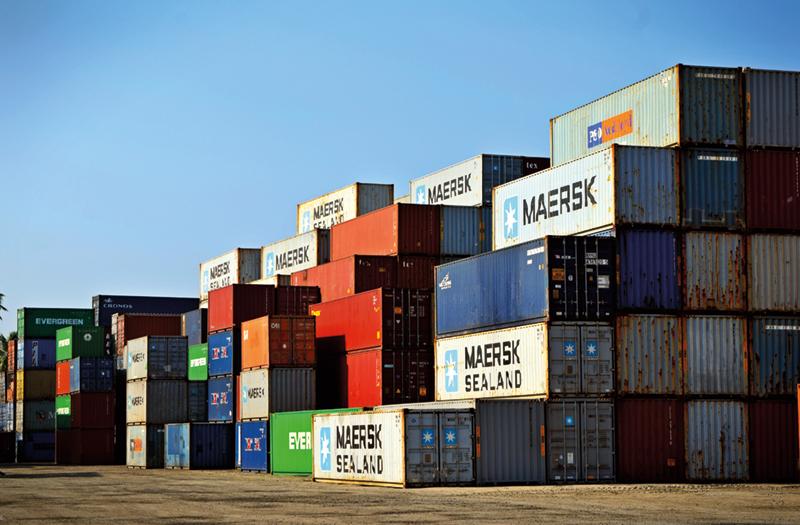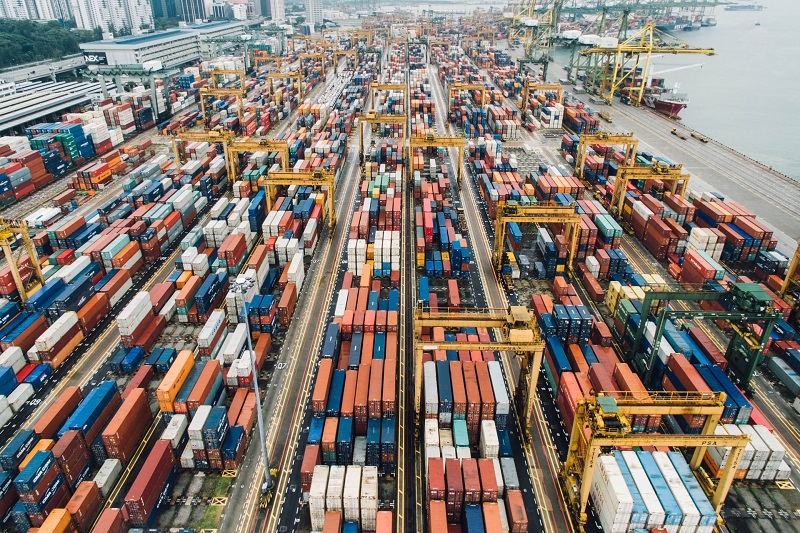
ITF Seafarers’ Section chair and Fair Practices Committee co-chair David Heindel said transport workers should not be blamed for the global supply chain congestion and the skyrocketing cost of moving cargoes.
Instead, a lack of foresight, poor planning and container mismatch fuelled the disruption – with consumers experiencing order delays and shortages at local grocers while having to pay more. Heindel said shipping experts had warned of large-scale supply chain disruption as far back as April 2021; a continued logjam in 2022 should not surprise the industry.
The industry saw the Omicron variant accelerating demands for online shopping, swelling orders and goods. The trend outstripped the availability of shipping containers and skyrocketed the cost of sending one from China to the US and Europe.

courtesy of Unsplash
The New York Times had reported vessels arriving at once, sometimes waiting in 100-vessel queues off the ports of Los Angeles and Long Beach, California. Offloaded containers also sit idle in ports, unclaimed, due to a shortage of skilled manpower, equipment, and infrastructures to process the influx of cargoes. With transport workers working tirelessly to deliver international orders, the need for a coordinated effort from all stakeholders through the supply chain has never been more urgent.
Click here for more feature stories in Samudra.



